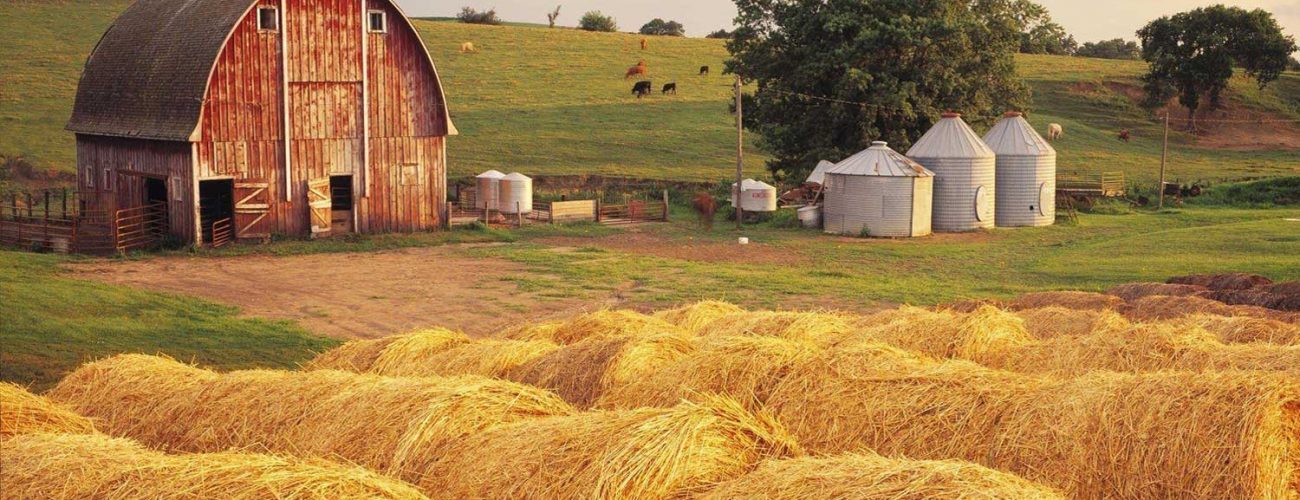
Agriculture has always been a cornerstone of Israel’s economy and culture. Despite its arid climate and limited natural resources, Israel has emerged as a global leader in agricultural innovation. Through cutting-edge technology and innovative practices, the country continues to revolutionize the way we grow and manage crops. Let’s explore some of the latest advancements in Israeli agriculture that are shaping the future of farming.
Precision agriculture is one of the most significant advancements in the Israeli agricultural sector. This approach utilizes data-driven technologies to enhance crop yields and reduce waste. Farmers use drones, satellites, and sensors to collect detailed information about their fields. This data helps them monitor soil conditions, crop health, and irrigation needs in real-time.
Solution: For instance, Prospera, an Israeli ag-tech company, employs artificial intelligence and machine learning to analyze data from the field. By providing farmers with actionable insights, they can make informed decisions about planting, fertilizing, and harvesting, ultimately increasing efficiency and productivity.
Water scarcity is a critical issue in Israel, driving the need for efficient water management. Israeli companies are at the forefront of developing smart irrigation systems that conserve water while ensuring optimal crop growth. Netafim, a pioneer in drip irrigation technology, continues to innovate with systems that deliver precise amounts of water directly to the plant roots. This method reduces water wastage and promotes healthier crops.
Solution: Additionally, new startups like CropX integrate soil sensors and cloud-based analytics to optimize irrigation schedules. These technologies not only save water but also reduce energy consumption and improve crop yields.
With limited arable land, Israel is exploring vertical farming and urban agriculture to meet growing food demands. Vertical Field, an Israeli company, has developed vertical farming solutions that can be implemented in urban environments. These systems use hydroponics and aeroponics to grow crops in vertically stacked layers, allowing for high-density farming in small spaces.
Solution: Vertical farming offers numerous benefits, including reduced transportation costs, lower water usage, and year-round crop production. By bringing agriculture closer to urban centers, it also ensures fresher produce for city dwellers.
Israeli researchers are making significant strides in biotechnology and genomics to enhance crop resilience and productivity. Through genetic modification and selective breeding, scientists are developing crops that are more resistant to diseases, pests, and environmental stresses.
Solution: One notable example is the work being done by Evogene, a biotech company that uses computational biology to identify key genes that can improve crop traits. By understanding the genetic makeup of plants, they can create new varieties that are better suited to changing climatic conditions.
Sustainability is a core focus of Israeli agriculture, and innovative pest control methods are at the forefront of this effort. BioBee, an Israeli company, specializes in biological pest control using natural predators and beneficial insects to combat agricultural pests. This approach reduces the need for chemical pesticides, promoting a healthier ecosystem and safer food production.
Solution:Additionally, advancements in pheromone-based pest control, such as those developed by Semios, help disrupt the mating patterns of harmful insects, reducing their populations without harming beneficial species.
Integrating renewable energy sources into agricultural practices is another area where Israel is leading. Solar-powered irrigation systems and greenhouses are becoming more common, reducing the reliance on fossil fuels. SolarEdge, an Israeli solar energy company, provides solutions that enable farmers to harness solar power for various agricultural operations, from irrigation to cold storage.
Recent developments in fertilizers are also making waves in Israeli agriculture. Companies are focusing on creating more efficient and environmentally friendly fertilizers. For example, ICL Group has developed controlled-release fertilizers that provide a steady supply of nutrients to plants over time, reducing the frequency of applications and minimizing nutrient runoff.
Conclusion:
Israel’s agricultural innovations are a testament to the country’s commitment to sustainability, efficiency, and food security. By harnessing the power of technology and science, Israeli farmers and researchers are overcoming challenges and setting new standards for global agriculture. As these innovations continue to evolve, they promise to play a crucial role in feeding the world’s growing population while protecting our precious natural resources.